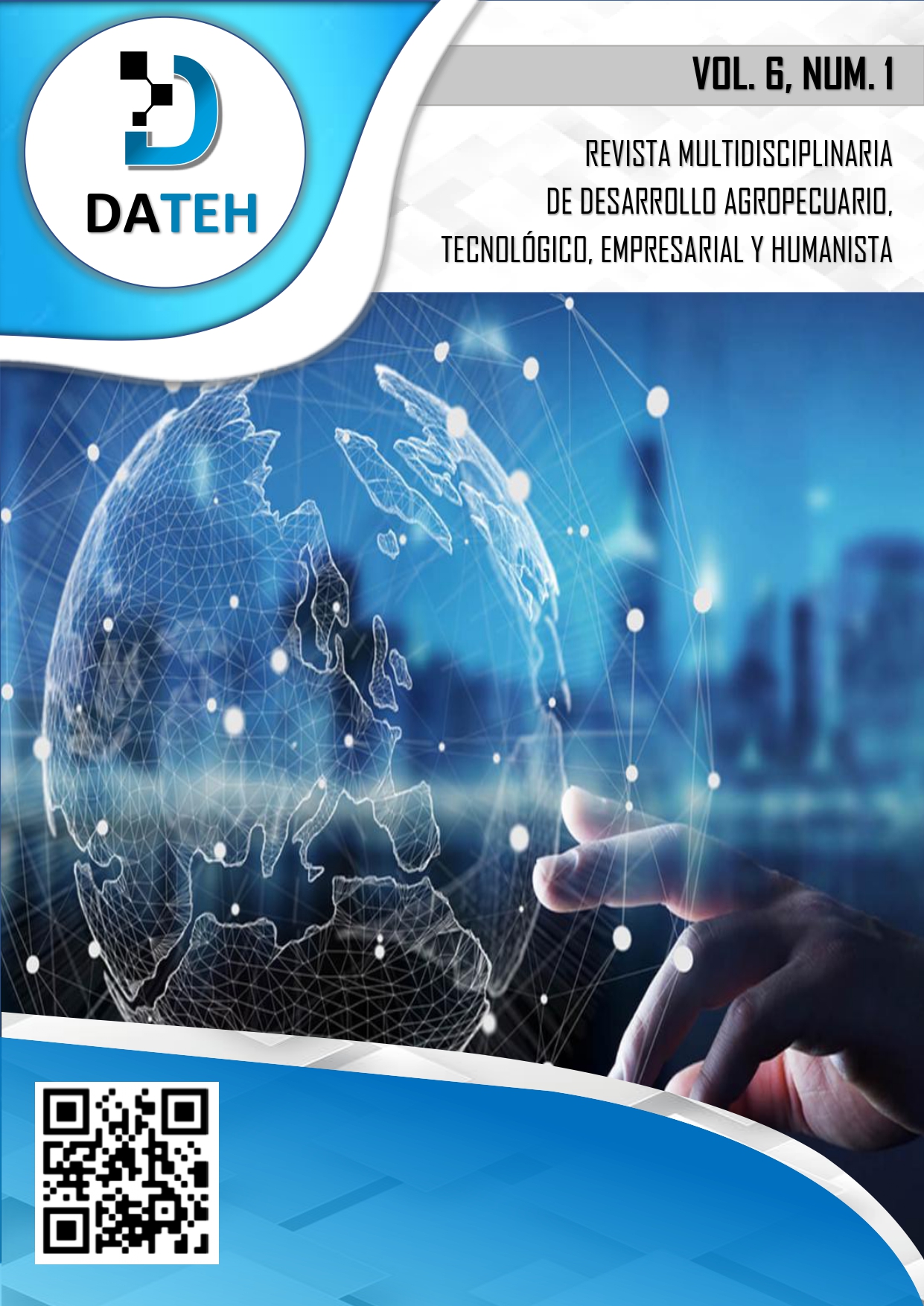Educational strategy for the creation of the robotics club of the La Maná Higher Technological Institute
Abstract
The transformation of teaching and learning driven by technological advances and sociocultural changes highlights the need to integrate innovative methods in education, such as robotics. This study presents the creation of a robotics club at the Instituto Superior Tecnológico La Maná, focused on promoting STEM skills among students through the application of theoretical knowledge and the promotion of collaborative and interdisciplinary work. The implementation of the club is justified as an educational strategy to develop skills in problem solving, creativity and collaboration, preparing students for future challenges. Using a mixed research approach, which combines documentary analysis and field work (interviews, questionnaires and observations), this study evaluates the initial impact of the club on the development of students' technical and collaborative skills and their interest in science and technology. technology. The findings indicate a significant increase in interest in robotics and an improvement in collaborative competencies, underscoring the importance of such initiatives in contemporary technical and technological education. Seeking to establish the robotics club as a strategy to enrich STEM education, evaluating its impact on the development of technical and collaborative skills, increasing interest and motivation for science and technology, and its potential contribution to the educational community and local.
Downloads
References
Molina, I. (2019). El estado del arte sobre el internet de las cosas. amenazas y vulnerabilidades de seguridad informática evidenciadas desde la domótica. Tesis. Seguridad Informática. ECBTI. COL. p 81.
Ayala, J., Albóniga, C. 2012. Dispositivo electrónico de medición del caudal de agua para canales abiertos. Revista Ciencias Técnicas Agropecuarias, 54(24), 91-99.
Barrera, N. 2014. Uso de la robótica educativa como estrategia didáctica en el aula. Revista de Investigación y Pedagogía Praxis & Saber, 6(11), 215–234.
Bonilla, M., Cárdenas, J., Arellano, F., Pérez, D. 2020. Estrategias metodológicas interactivas para la enseñanza y aprendizaje en la educación superior. Revista Científica UISRAEL, 7(3), 25–36.
Calderón, C., Gonzaga, M., Morales, J., Morocho, M., Torres, B., Ramírez, C. 2018. Prototype industrial IoT applied to temperature monitoring in storage silos of dairy products. Conference on Information Systems and Technologies 13(102), 1–6.
Flores-Medina, M.; Flores-García, F.; Velasco-Martínez, V.; González-Cervantes, G.; Jurado-Zamarripa, F. 2015. Monitoreo de humedad en suelo a través de red inalámbrica de sensores. Revista Tecnología y Ciencias del Agua, 6(5), 75-88.
García, Y., Reyes, D. 2012. Robótica educativa y su potencial en el desarrollo de las competencias asociadas a la alfabetización científica. Revista Educación y Tecnología, 2(1), 42-55.
Guijarro-Rodríguez, A., Cevallos-Torres, L., Preciado-Maila, D., Zambrano-Manzur, B. 2018. Sistema de riego automatizado con arduino. Revista Espacios, 39(37), 27-42.
López, P., Andrade, H. 2013. Aprendizaje con robótica, algunas experiencias. Revista Educación, 37(1), 43-63.
Nieto, A., Villegas, Y., Galarza, J. 2023. Avances actuales de las IoT y sus diversas aplicaciones. Revista Conciencia Digital, 6(1), 58-74.
Romero, C., Nieto, J., Ochoa, C. 2014. Revisión del estado del arte de las plataformas robóticas orientadas a la educación. Journal of Engineering and Technology, 3(2), 23-35.
Salinas, Y., Galván, D., Guzmán, I., Orrante, J. 2022. El impacto del internet de todas las cosas (IoT) en la vida cotidiana. Ciencia Latina Revista Científica Multidisciplinar, 6(2), 1-10.
Torres, P., Cobo, J. 2017. Tecnología educativa y su papel en el logro de los fines de la educación. Educere, 21(68), 31–40.
Villanueva, C., Rivas, J. 2016. Innovación en la enseñanza, Gamestar Mechanic y Kodu Gamelab, plataformas creadoras de juegos.



